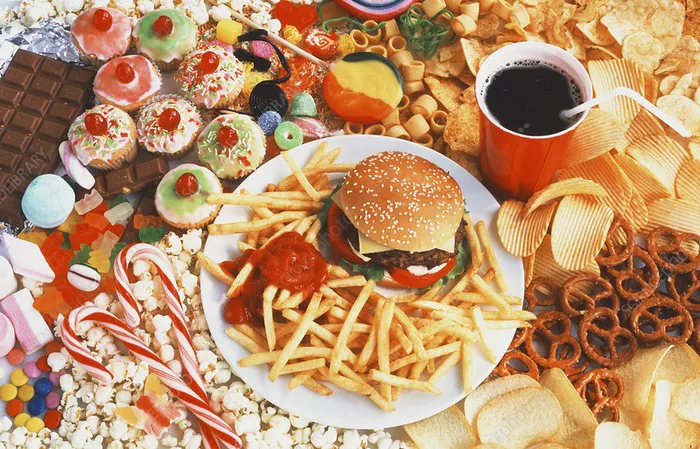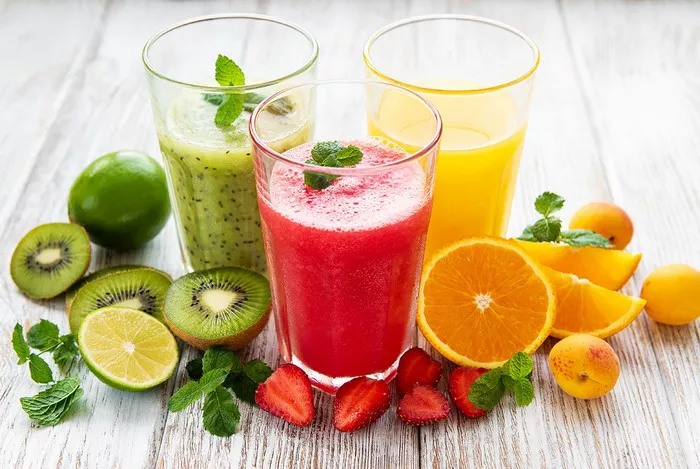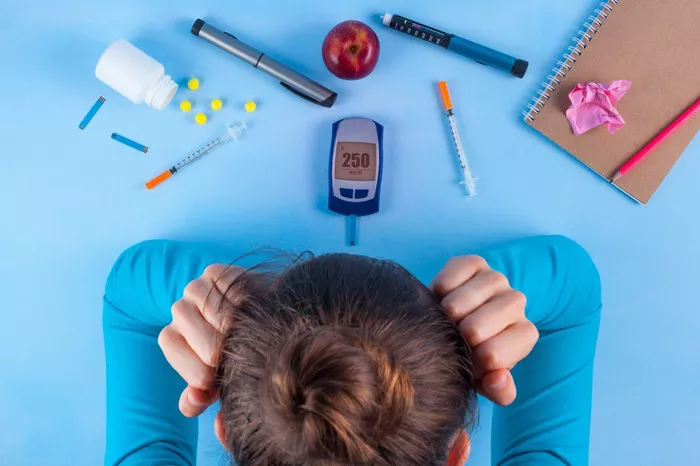Type 2 diabetes is a chronic condition characterized by high blood sugar levels and insulin resistance, which can lead to serious health complications if not managed properly. While diet plays a crucial role in managing type 2 diabetes, certain foods can exacerbate blood sugar levels, increase insulin resistance, and contribute to poor health outcomes.
In this article, we’ll explore the worst foods for type 2 diabetes, common culprits to avoid, and practical tips for making healthier dietary choices to better manage your condition.
Understanding Type 2 Diabetes:
Before delving into the worst foods for type 2 diabetes, it’s important to understand the underlying mechanisms of the condition.
Type 2 diabetes occurs when the body becomes resistant to the effects of insulin, a hormone that helps regulate blood sugar levels. As a result, glucose accumulates in the bloodstream, leading to elevated blood sugar levels and potential complications such as heart disease, stroke, kidney disease, and nerve damage.
The Role of Diet in Type 2 Diabetes:
Diet plays a critical role in managing type 2 diabetes, as certain foods can significantly impact blood sugar levels and insulin sensitivity.
While there is no one-size-fits-all approach to diabetes nutrition, focusing on whole, nutrient-dense foods and avoiding highly processed, sugary, and high-carbohydrate foods is essential for maintaining optimal blood sugar control and overall health.
Worst Foods for Type 2 Diabetes:
1. Sugary Beverages:
Sugary drinks such as soda, fruit juice, energy drinks, and sweetened teas are among the worst offenders for individuals with type 2 diabetes. These beverages are loaded with added sugars and can cause rapid spikes in blood sugar levels, leading to insulin resistance and weight gain.
2. Refined Grains:
Foods made with refined grains, such as white bread, white rice, pasta, and pastries, are quickly broken down into sugar by the body, resulting in sharp increases in blood glucose levels.
Consuming too many refined grains can contribute to insulin resistance and worsen glycemic control in individuals with type 2 diabetes.
3. Sweets and Desserts:
Indulging in sweets and desserts such as cakes, cookies, candies, and ice cream can wreak havoc on blood sugar levels due to their high sugar and carbohydrate content. These foods offer little nutritional value and can lead to weight gain and metabolic disturbances when consumed in excess.
4. Processed and Fast Foods:
Processed and fast foods are often high in unhealthy fats, refined carbohydrates, sodium, and added sugars, making them detrimental to diabetes management.
Common offenders include fast food burgers, fries, pizza, packaged snacks, and convenience meals, which can contribute to insulin resistance, inflammation, and weight gain.
5. High-Sugar Breakfast Cereals:
Many breakfast cereals marketed as “healthy” options are actually loaded with added sugars and refined grains, making them unsuitable for individuals with type 2 diabetes.
Opt for whole grain cereals with minimal added sugars or choose alternatives such as oatmeal, Greek yogurt, or eggs for a nutritious breakfast option.
6. Fried Foods:
Fried foods such as French fries, fried chicken, onion rings, and potato chips are high in unhealthy fats and calories, making them a poor choice for individuals with type 2 diabetes.
Consuming fried foods regularly can lead to weight gain, insulin resistance, and increased risk of heart disease.
7. High-Fat Dairy Products:
While dairy products can be part of a healthy diet, high-fat varieties such as whole milk, cheese, and cream are high in saturated fats and calories, which can negatively impact insulin sensitivity and cardiovascular health.
Choose low-fat or fat-free dairy options to reduce saturated fat intake and support overall health.
8. Alcoholic Beverages:
Alcohol can interfere with blood sugar regulation and may cause hypoglycemia (low blood sugar) in individuals with diabetes, especially if consumed on an empty stomach or in excess.
Limit alcohol intake and choose lower-carbohydrate options such as light beer or dry wine in moderation.
Making Healthier Choices:
While avoiding the worst foods for type 2 diabetes is essential for managing the condition, focusing on whole, nutrient-dense foods can help improve blood sugar control, promote weight loss, and reduce the risk of complications.
Incorporate plenty of non-starchy vegetables, lean proteins, whole grains, legumes, fruits, and healthy fats into your diet to support optimal health and well-being.
Conclusion:
In conclusion, understanding the worst foods for type 2 diabetes is crucial for managing the condition and reducing the risk of complications.
By avoiding sugary beverages, refined grains, sweets, processed foods, fried foods, high-fat dairy products, and excessive alcohol, people with type 2 diabetes can better control their blood sugar levels and improve their overall health.
Instead, focus on whole, nutrient-dense foods that support optimal blood sugar control, weight management, and overall well-being for long-term health and vitality.

























